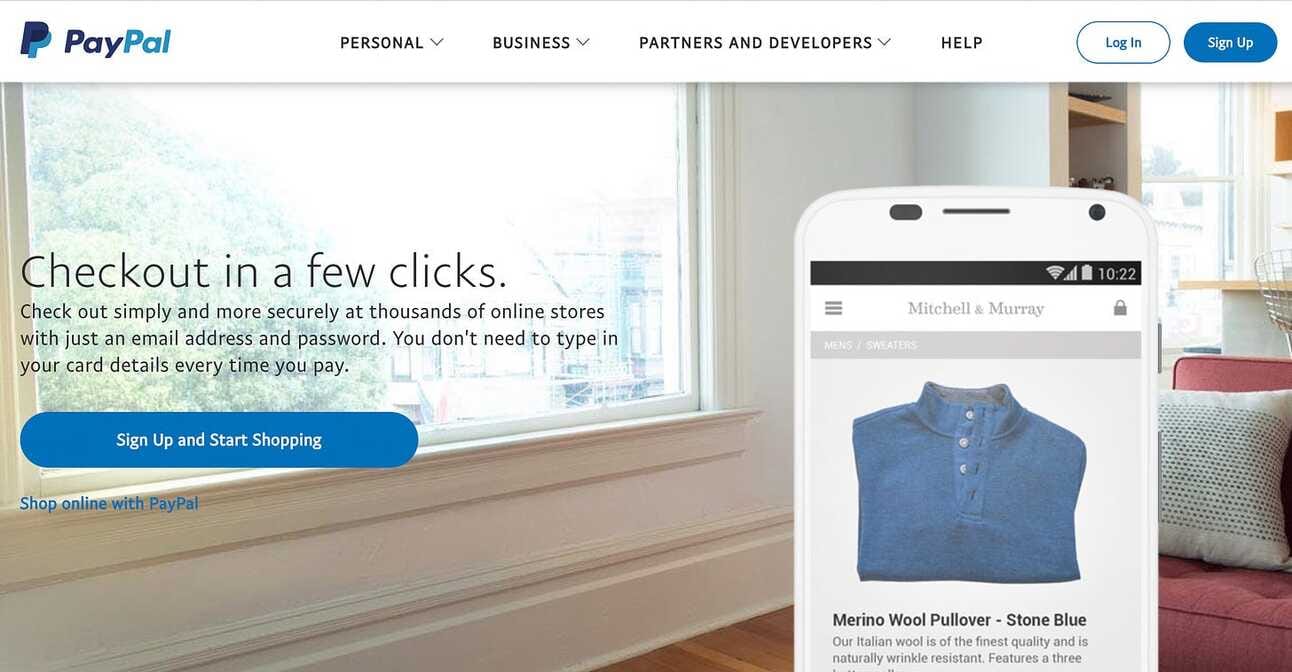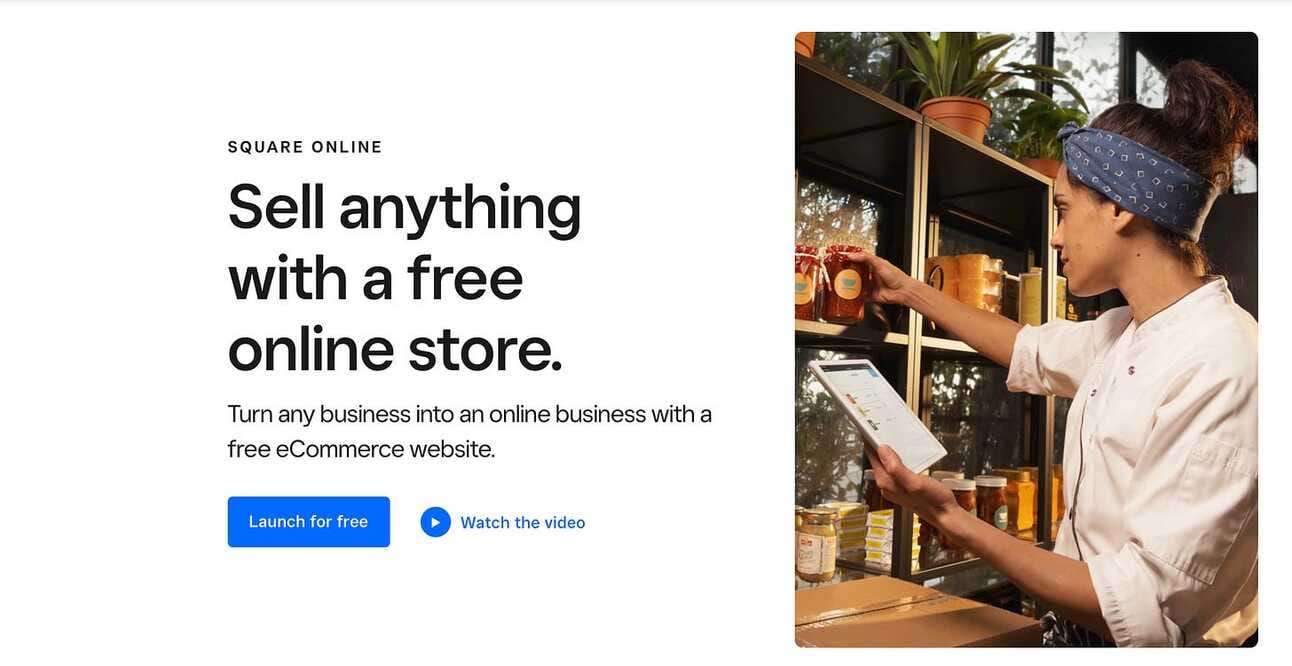Update: since publishing this post I added two companies to my watchlist: dLocal (NASDAQ: DLO) and Toast (NYSE: TOST). Follow the links below to learn more about these companies:
The last couple of years were extremely productive in terms of FinTech companies going public: Root (October, 2020), Upstart (December, 2020), Affirm (January, 2021), Coinbase (April, 2021), Marqeta (June, 2021), Robinhood (July, 2021) and Nubank (December, 2021) are just the most notable ones, while the list is much longer. The services that these, now public, companies offer range from insurance, to consumer lending, to payments, to investments, to software and cover pretty much every surface of the FinTech attack on legacy financial players.
If you invest in the FinTech space or build a company of your own, you can follow publicly traded companies through their quarterly earnings calls and understand better what is working, what is not, and how the markets value their progress. We no longer need to rely only on product launches, conference pitches, and funding announcements to understand if FinTech companies are getting closer in their journey of disrupting the industry. We have quarterly and annual reports, earnings calls and management comments, as well as analyst coverage.
I have identified around 20 publicly traded FinTech companies across multiple segments (Payments, Consumer lending, Infrastructure, and Investing) and will follow their journey in this newsletter: will describe what they do, break down how they make (or plan to make) money, as well as report on their progress after quarterly earnings calls and other major milestones. I also expect the list to expand over time, as more and more companies go public (personally, cannot wait for the IPOs of Stripe and Chime).
Without further ado, let’s go through my watchlist starting with the “acquirers” - a fancy term describing companies that help merchants accept payments online and offline!
Paypal |
Market Cap: $190B | 1Y share price change: -35%Revenue (TTM*): $24.6B | Last quarter revenue growth (YoY): +13%

Paypal, the pioneer of FinTech, was founded in 1998 by Peter Thiel, Max Levchin, and several other remarkable personalities that later became known as “Paypal Mafia” (i.e. Elon Musk, who joined via the acquisition of x.com). The company started with a promise of allowing consumers to make peer-to-peer payments over email and kicked off its successful run after becoming the prime payment method on eBay.
The company went public in 2002 but was shortly acquired by eBay. PayPal became a public company again in 2015 after a spin-off from eBay. As of today, Paypal is one of the largest financial service providers in the world, offering solutions for merchants, consumer mobile wallets (Paypal and Venmo), integrated payments solutions (Braintree), and several other products (i.e. Xoom) that it built or acquired over the last two decades.
Paypal might have been around for a long time, but they do not give up on the pace of innovation and continued to deliver new capabilities across its ecosystem of products in 2021 as well. Thus, PayPal continued investing in its mobile wallet, expanding its functionality with Savings Account (in partnership with Synchrony Bank), Bill Pay, Cashback Rewards, and even crypto trading (in the UK only). Paypal also partnered with Amazon to enable checkout with Venmo on Amazon.com and in Amazon mobile app. Finally, PayPal has been one of the key players in the booming “Buy Now Pay Later” (BNPL) market with the reported annual run rate of $8 billion in transactions.
It should be noted, that the company is still transitioning away from eBay; thus, eBay is not highlighting Paypal as the prime payment method and the current co-operation agreement is set to expire in July 2023. However, the expiration of the agreement between eBay and Paypal should give the latter higher flexibility in terms of partnerships, and a deal with Amazon, mentioned above, is an example of what Paypal can do when they are not bound by eBay non-compete terms.
What to watch in 2022:
Launch of “Pay with Venmo” on Amazon
Further development of Paypal Wallet features, including crypto
New partnerships following separation from eBay
* TTM → trailing twelve months or Q4, 2020 - Q3, 2021 in this case
Block (formerly Square) |
Market Cap: $54.1B | 1Y share price change: -47%Revenue (TTM*): $16.7B | Last quarter revenue growth (YoY): +26%

Square was founded in 2009 by Jack Dorsey and Jim McKelvey to help small and medium-sized merchants, which are usually underserved by big banks, accept card payments. They started with offering a card reader that could be plugged into an iPhone, but over the years expanded their offering into eCommerce, business banking, and lending, as well as started serving bigger merchants. Moreover, in 2013 they started offering CashApp, a mobile wallet for consumers, which eventually grew into a sizeable part of their business serving over 40 million customers.
Last year Square made it loud and clear that despite being a sizeable public company they have no intentions of stopping innovation and experimentation. Thus, they kicked off 2021 by acquiring a music streaming service TIDAL ($350 million), announced plans to acquire one of the largest “Buy Now Pay Later” players in the world, Afterpay ($29 billion!), and wrapped up the year by changing the name to Block to highlight their growing focus on Bitcoin experimentations.
In addition, the company finally started putting together its Seller (Square services for merchants) and Consumer (CashApp mobile wallet) ecosystems by introducing Cash App Pay at checkout. The ambition behind the move is simple: when 40 million Cash App users pay with their mobile wallets instead of their payment cards, Block does not have to pay fees to VISA and Mastercard, essentially eliminating card networks from the process (and making Block a network themselves).
Oh, and last, but not least, Jack Dorsey, CEO, and co-founder of the company, finally left his job at Twitter to focus solely on Block.
What to watch in 2022:
Closing of Afterpay acquisition (expected to close on February 1, 2022)
European expansion (discussed at large on Q3 2021 earnings call)
Block’s Bitcoin efforts (Spiral, TBD54566975)
Affirm |
Market Cap: $16.3B | 1Y share price change: -51%Revenue (TTM*): $965M | Last quarter revenue growth (YoY): +55%

Affirm was founded in 2012 by Max Levchin, who previously co-founded Paypal with Peter Thiel (see above). Max Levchin founded the company intending to bring fairness and transparency into consumer lending, or “to deliver honest financial products that improve lives” as the company defines it on its website. Affirm is aiming to disrupt the $800 billion consumer lending industry that is dominated by credit card companies and big banks, and is notorious for charging hidden fees and getting consumers into debt that they cannot repay.
The main offering of the company is the so-called “Buy Now Pay Later” service, which allows consumers to pay for online purchases in several installments (as an alternative to using a credit card). The company offers both interest-free and regular loans via a convenient mobile application and a tight integration with the merchant’s checkout process. Affirm makes money by charging merchants transaction fees similar to Paypal or Block (but the value proposition is that on top of processing the payment, installments help merchants increase sales), as well as interest on loans (from the borrowers that did not qualify for an interest-free loan).
2021 was a busy year for Affirm, which kicked off with the company going public on January 13, 2021. Affirm also continued striking new partnerships (Amazon), as well as expanded the existing partnership with Shopify (making Affirm’s payment solution available to all Shopify merchants). Partnership with Amazon is yet to translate into financial results, but the partnership with Shopify helped the company fuel nothing short of extraordinary growth across the board. Thus, Gross Merchandise Volume grew 84% YoY in the last reported quarter and the number of Active Customers grew 124% YoY to 8.7 million.
The company also announced the intention to launch a Debit+ card, a physical payment card with the “Buy Now Pay Later” functionality (after making a purchase online or offline, one can split the payment into installments in the Affirm app). With this move, as well as the partnership with Verifone, which will enable Affirm to integrate their “Buy Now Pay Later” offering into physical payment terminals, Affirm started venturing into the offline payments world. Close to 9 million consumers that already use Affirm for their online purchases give the company a strong foundation for such bet, and will be one of the key developments to watch going forward (it wouldn’t also be a surprise if the company announces a much bigger customer base on the next earnings call).
What to watch in 2022:
Eyes are on the broader rollout of the partnership with Amazon
Launch of Affirm Debit+ card (a debit card with BNPL functionality)
International expansion efforts (Affirm started testing the waters in Australia)
I will follow these companies throughout the year as they report their quarterly results, with Paypal reporting their Q4, 2022 and full-year results on February 1, 2022, Affirm reporting on February 9, 2022 and Block reporting on February 21, 2022. So don’t forget to subscribe!
Disclosure & Disclaimer: despite rocky performance in 2021 and early 2022, I have open positions in most of the companies covered in this newsletter, as I am extremely bullish on the transformation in the financial services industry. However, none of the above is financial advice, and you should do your research.